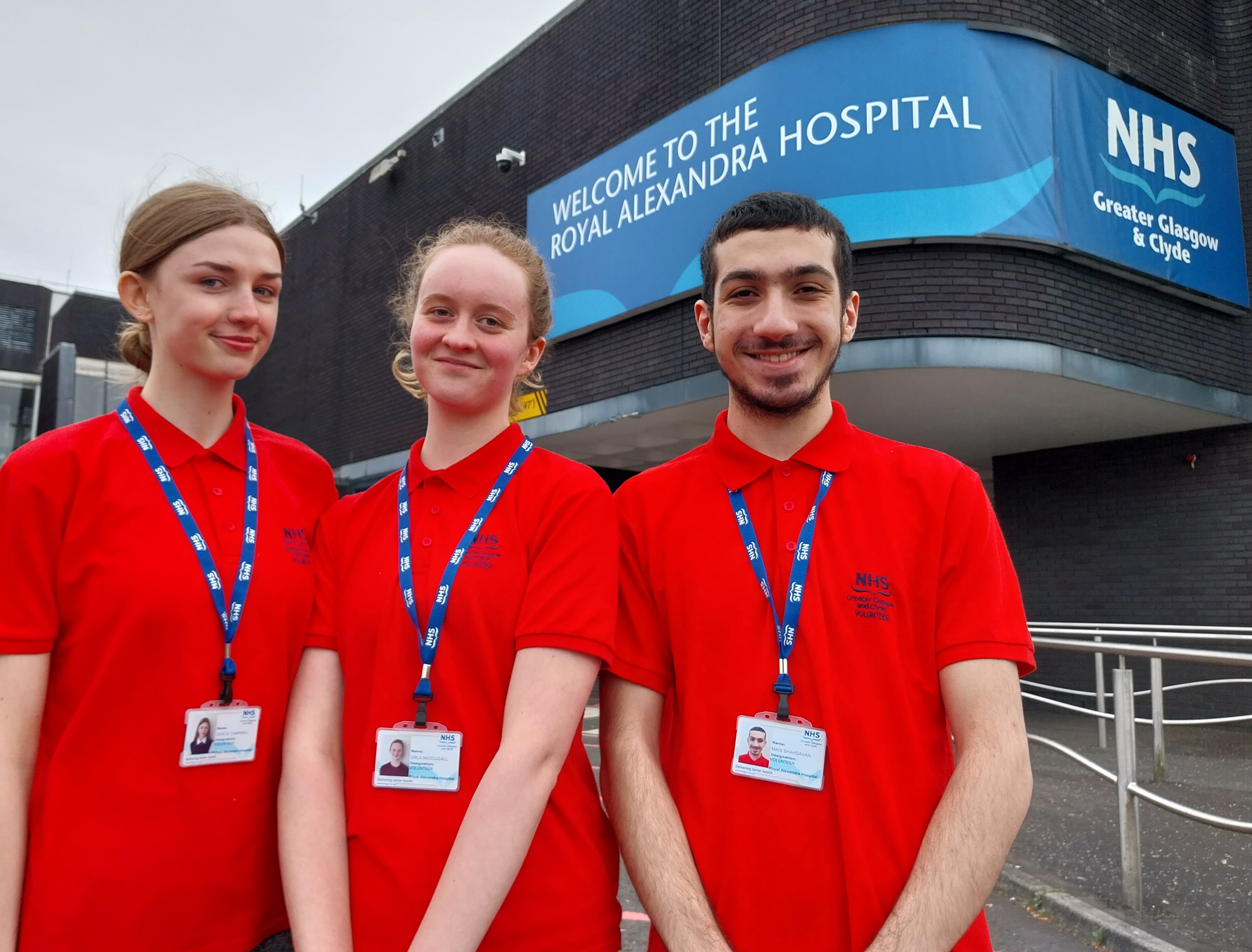Previous
Clinical physiologist in neurophysiology
To become a clinical embryologist, you'll need to complete a postgraduate-level work-based training programme. Alternatively, if you already have significant professional experience and relevant qualifications, you can apply for registration as a clinical scientist through an equivalence route.
Clinical scientists working in embryology are reproductive scientists who help people with sub-fertility or infertility to have children. They carry out diagnostic tests to determine a patient’s fertility level and provide information about the treatment options most likely to result in a successful birth.

To get on a college or university course that could lead to a career as a clinical scientist in embryology, useful subjects include:
Speak to your guidance teacher or careers adviser about subjects offered at your school.

You may find it helpful to get some healthcare experience by doing a work placement or volunteering. You’ll get training, increase your knowledge, and learn new skills. This could help you when applying to college, university, or a new job with NHSScotland.
There are different education and training pathways to becoming a clinical scientist in embryology.
Clinical scientist training has 2 pathways. You’ll complete one of the following 3-year programmes in the workplace:
Throughout your training, you’ll learn the skills, knowledge, and experience you need to become a clinical scientist in embryology.
You'll need an undergraduate honours degree at SCQF level 10 to apply to a clinical scientist training programme. Degree subjects include:
Once you complete the clinical scientist training programme, you’ll register as a clinical scientist with the Health and Care Professions Council (HCPC).
You can apply for training opportunities on our recruitment website.
If you already have significant professional NHS experience in embryology or have completed a training programme that does not directly lead to registration as a clinical scientist, you can apply for equivalence recognition.
It is a route you can take to demonstrate that you already have the skills, knowledge, and experience to become a clinical scientist in embryology.
You’ll submit a portfolio of work to the Academy for Healthcare Science or the Association of Clinical Scientists for assessment and attend an interview. If successful, you can register with the Health and Care Professions Council as a clinical scientist.
Learn more about clinical scientist training and equivalence recognition on the NHS Education for Scotland Healthcare Science website.
As a clinical embryologist, you’ll make sure the people you support are well-informed about the fertility treatments available to them.
Assisted reproductive technologies include:
In IVF treatment, you’ll collect eggs and sperm from patients and mix them in the laboratory. When the sperm quality is low, ICSI may be used to inject a single live sperm directly into the egg.
If fertilisation is successful, you'll monitor the embryos and select the strongest for transfer to the woman's womb to grow and develop.
The remaining embryos can be frozen using cryopreservation. You'll use these embryos if treatment is unsuccessful or the patients want to have another baby in the future. Some patients also freeze their eggs, sperm, or embryos for fertility preservation.
Clinical embryologists need these skills:
Clinical embryologists work with other healthcare professionals, including:
You could work in:
As a clinical embryologist, you must undertake continuous professional development activities to:
Clinical scientists must meet the HCPC’s standards for CPD. You could complete accredited training programmes and attend conferences and seminars to update your skills and knowledge. Learn more about the HCPC’s guidance on CPD activities.
During your career as a clinical embryologist, you can also work towards additional qualifications, such as:
Gaining qualifications could lead to more senior roles or the chance to advance into specialised practice areas.
To work in the NHS as a clinical embryologist, you must register as a clinical scientist with the Health and Care Professions Council (HCPC).
Once you’ve qualified, you can also join the:

Discover the range of healthcare science careers you can choose in the NHS.
Healthcare science
Our blog includes how-to guides, case studies, and career resources.
Discover more